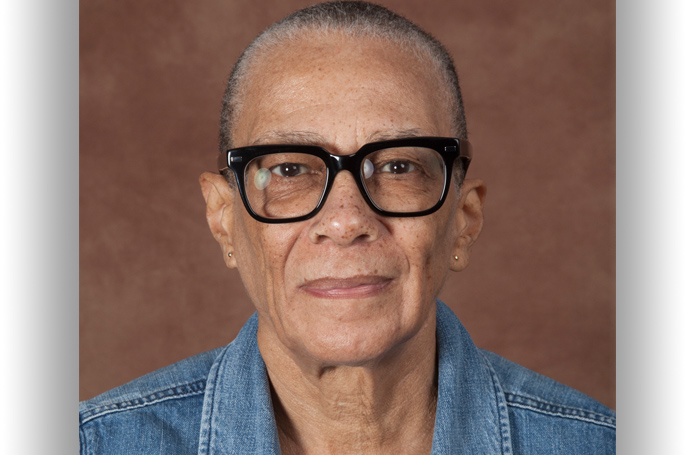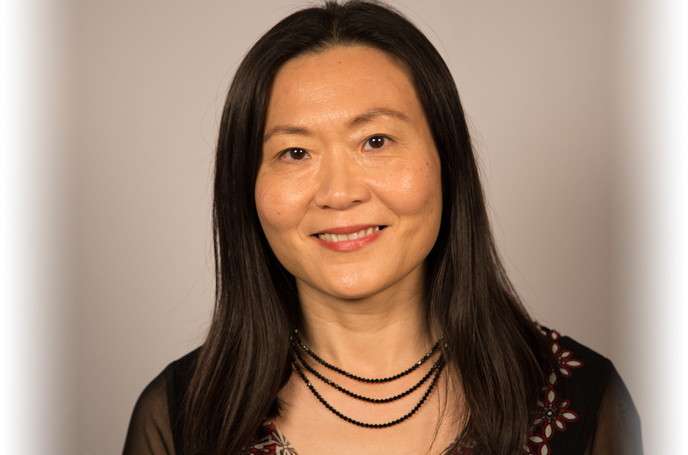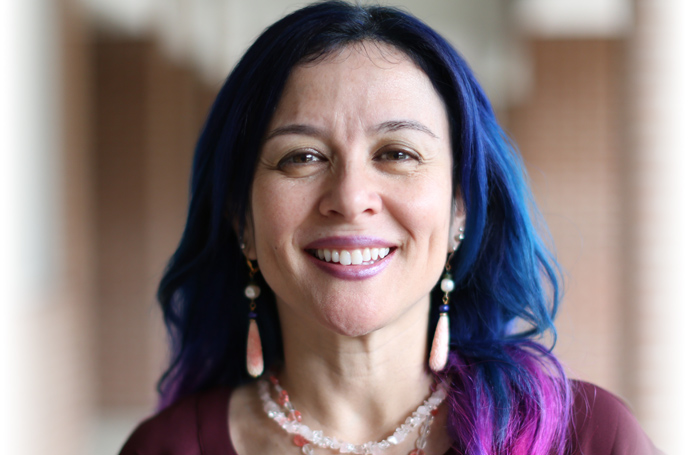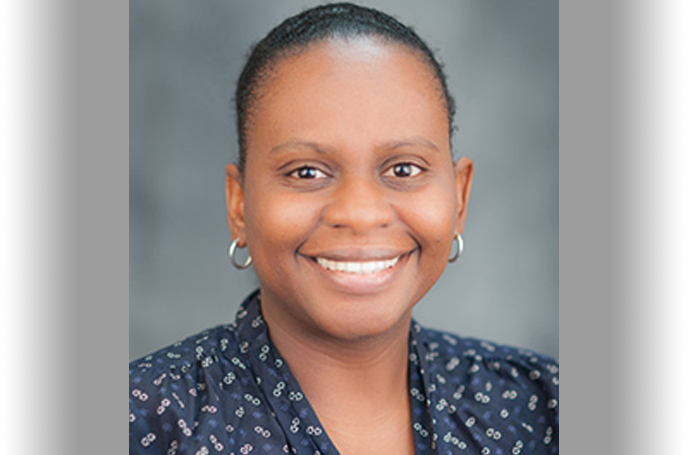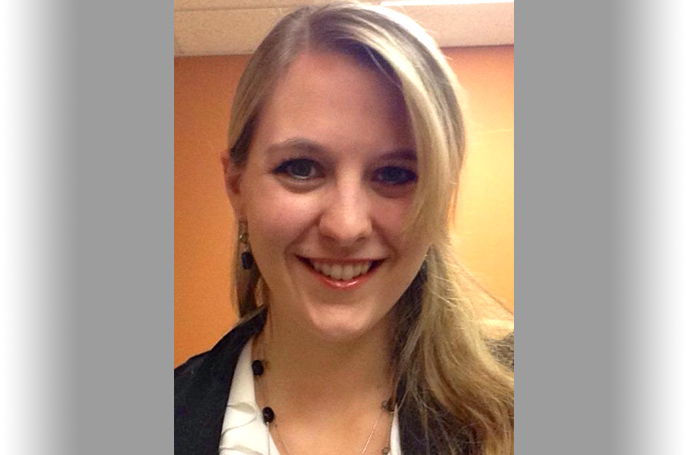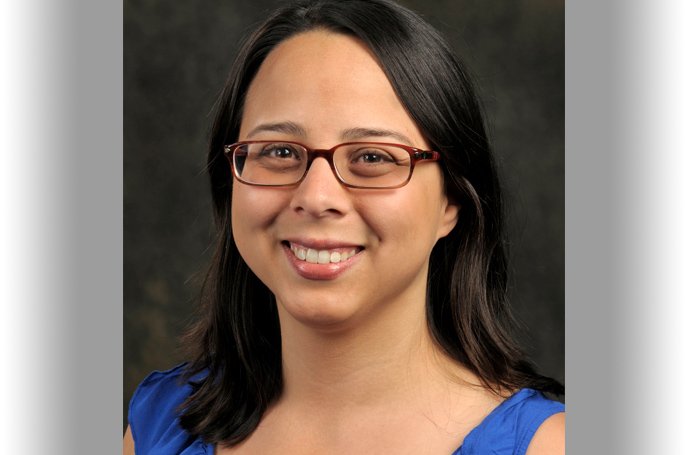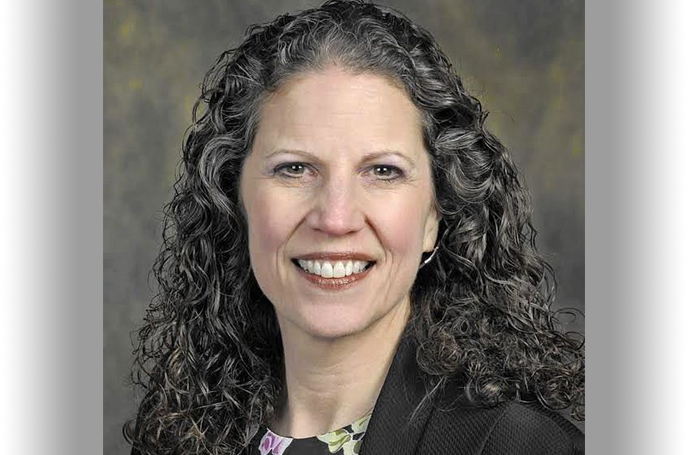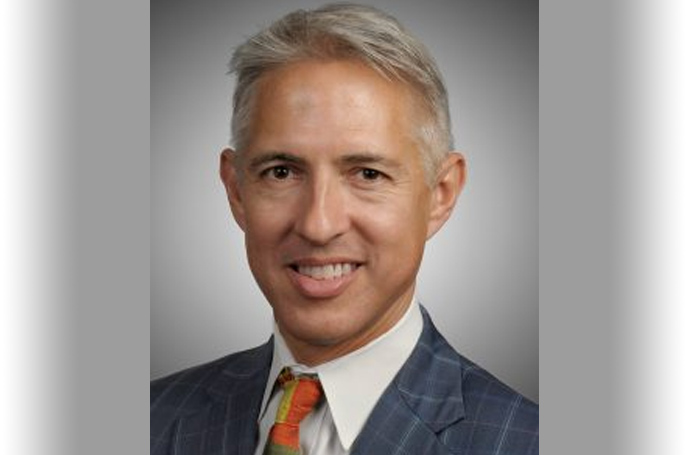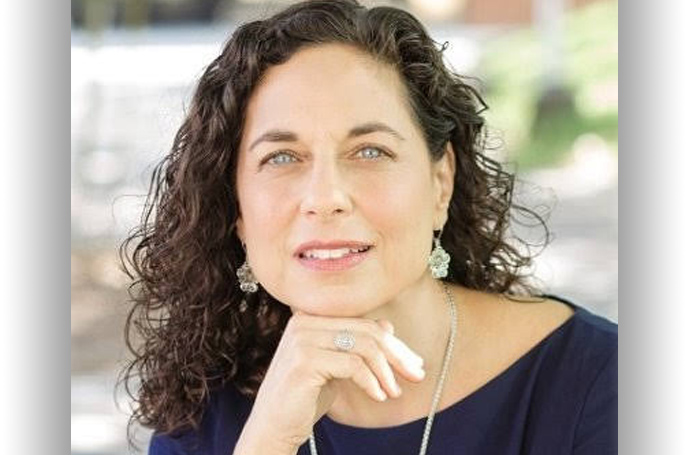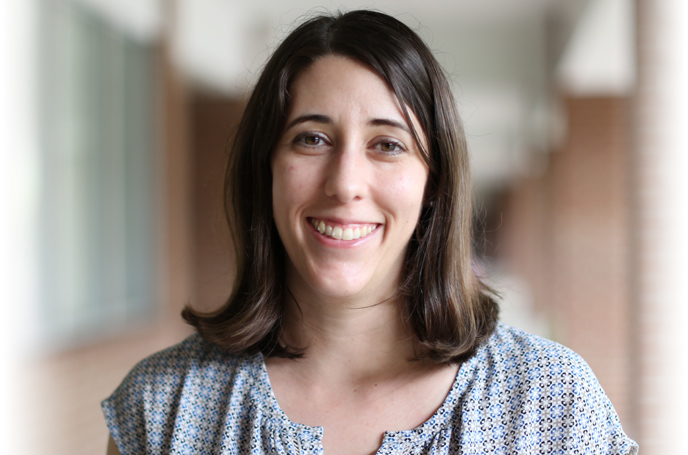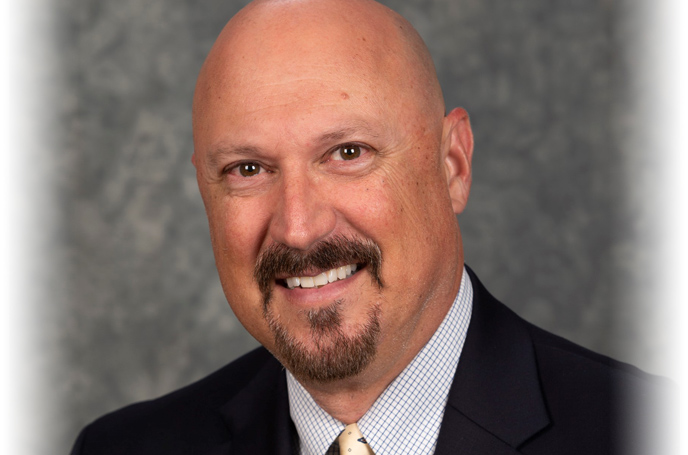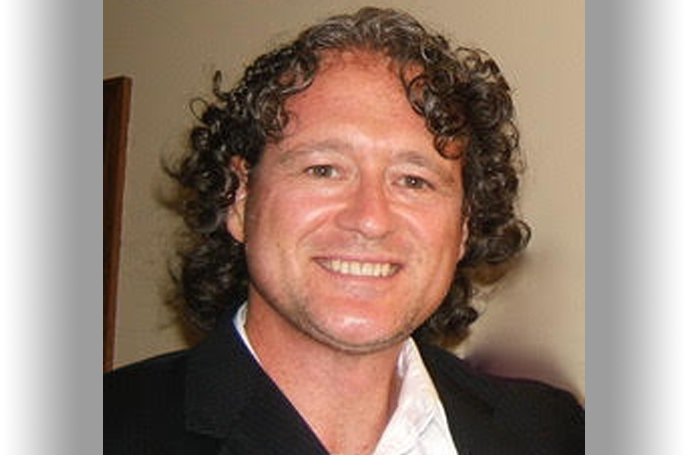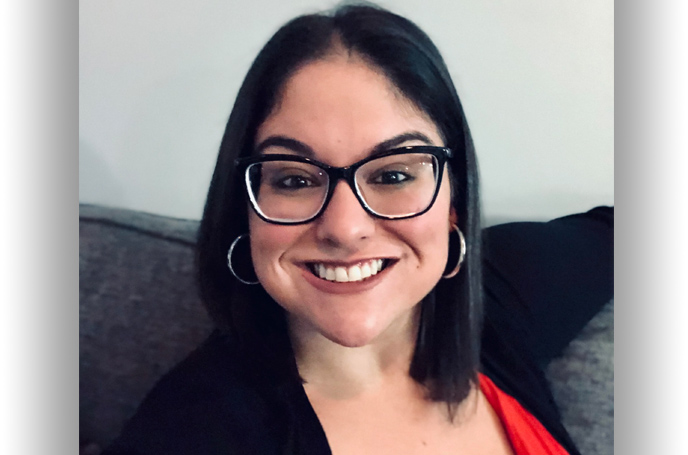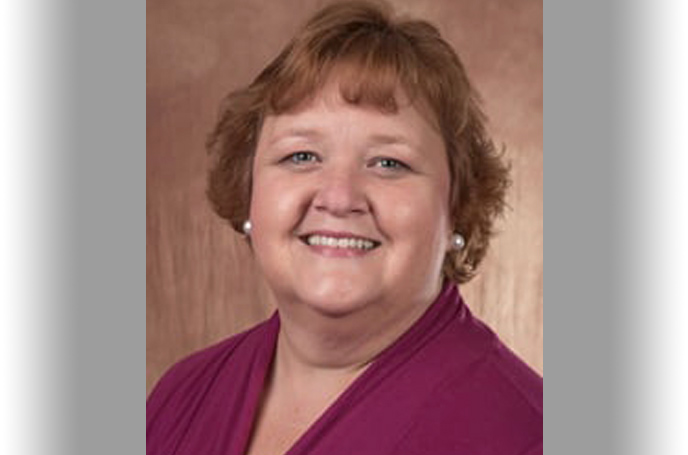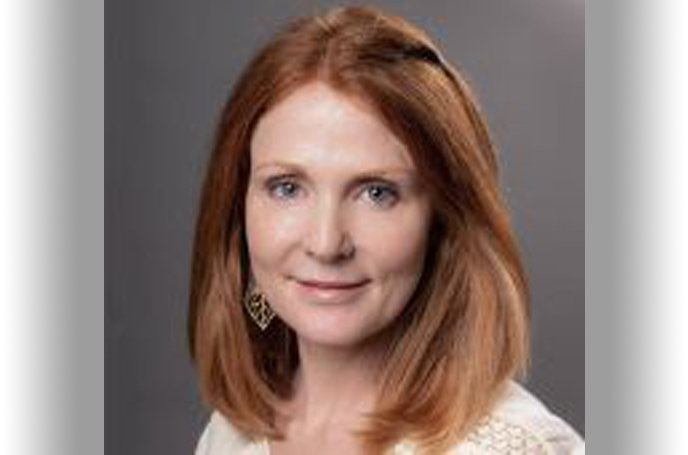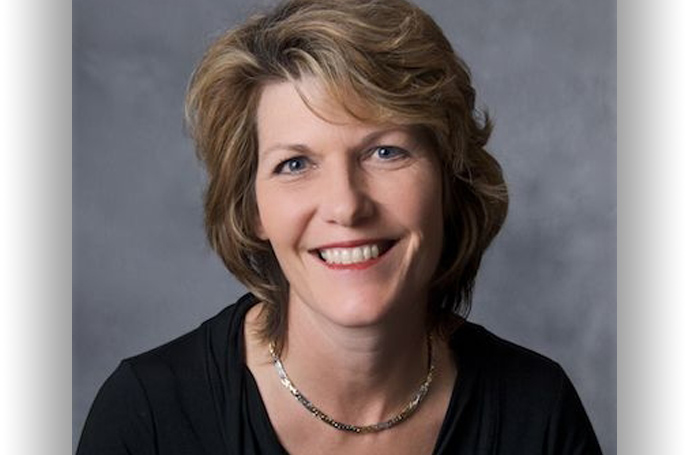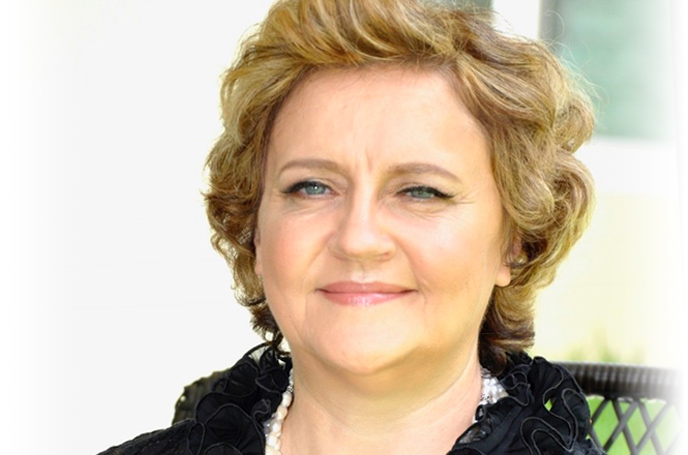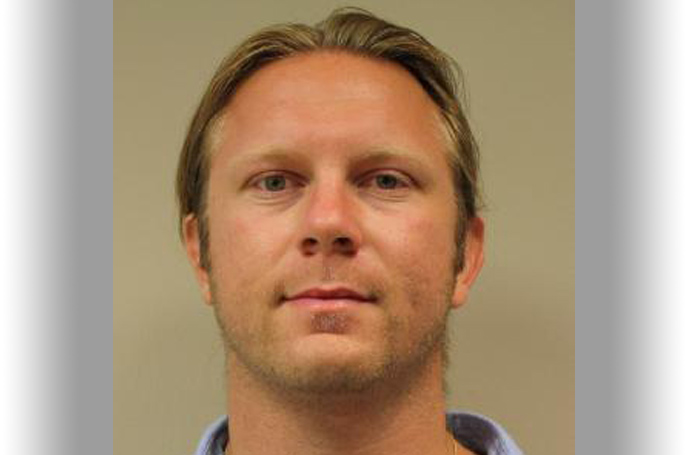Membership and Benefits
Join Now!YOUR BENEFITS ARE ON THE LINE!
If we do not reach 60% membership density UFF-UCF will NO LONGER EXIST and neither will our Collective Bargaining Agreement (CBA) that provides all of us with the benefits you have won, such as:
- Annual salary raises
- Sick leave and sick leave payouts
- Professional development leave
- Full semester of parental leave
- Tuition coverage for employees and their dependents
- Grievance Procedures
- Protection from ‘at-will’ employment and Tenure
- Awards (RIA, TIP, SoTL)
- Intellectual property rights
- Academic and work-place independence
- … and so much more
We must stand together to protect the rights that we have successfully negotiated for 35 years!
Why Join UFF-UCF?
Our UCF faculty union is our collective voice. The more members we have, the more united and powerful we are together. The more the Administration notices our collective power, the more say we have in making UCF the kind of university we all want it to be.
What role does the union play in shared faculty governance?
Unions in this country are part of a long process to create more democratic structures in a modern industrial society. At UCF there are many faculty institutions with various levels of democratic processes. The faculty union is an institution that is the most democratic in form which serves employees at UCF. All members vote for our leaders in bi-yearly elections, so you have a say on our leadership. All employees represented by the union vote on final decisions in bargaining, union leadership cannot make a contractual decision without the support of a majority of members who vote. Additionally, the union represents a collective voice, the larger the union membership, the louder the voice. During bargaining and grievances we sit across from the table with UCF administration with the authority to speak and agree on solutions to problems in the workplace. This comes from a long democratic tradition.
WHAT CAN YOU DO?
The good news is that together we are powerful. Remember, YOU are the union. All of our rights are guaranteed by our CBA and as long as each and every worker joins the union and commits to becoming an active member by emailing the president with your interest at president@uffucf.org!
UFF-UCF FAQ
The current legislative session has created a lot of confusion about faculty rights and the future of higher education in Florida. Below is a list of some of the most frequently asked questions the union has received.
Is it true if the union is decertified that we will lose our contract?
Yes, according to SB 256/HB 1445 if we do not achieve over 60% membership density we will become decertified. What this means is that our union (UFF-UCF) will no longer be the certified bargaining agent of our bargaining unit and thus our Collective Bargaining Agreement (CBA) or what we refer to as “the contract” will no longer be enforceable. This means all the rights that faculty enjoy and other employees in the bargaining unit will no longer be enforceable by way of grievance or through arbitration.
What do we lose if we lose our contract?
UCF can unilaterally decide what rights you have. Our contract legally acknowledges certain rights and conditions of work as well as management rights. With the contract, our employer UCF is guaranteeing that they will respect the rights stipulated in the CBA. Those rights come in the form of financial compensation, due process, working conditions, and even the right to intellectual property whether it be patents, inventions, or original course content.
Does this legislation apply to all public sector workers? Why are lawmakers targeting public sector workers?
Yes, this legislation applies to all public sector workers, which includes K-12 teachers, college and university professors. Exceptions have been made for police, firefighters, and correction officers as a separate class of public sector employees who are not impacted by this legislation. There has been a movement in this country to dismantle public sector unions which had for decades been the largest growth in labor organizing since the middle of the 20th century. You can read a report about that effort here.
I heard that tenure will be gone soon, is this true?
Yes, tenure as we knew it is now a thing of the past. The legislature has been chipping away at tenure since Rick Scott’s administration. First, we were required to do Sustained Performance Evaluations (SPEs) which are in the contract. You are not aware of these because they are only the cumulation of a 3 year window of your annual evaluations.
Post Tenure Review will change the nature of tenure across the State University System. In effect tenure will retain its name but function more like continuing contracts you might see at public schools or community colleges. In those systems faculty are evaluated at the end of a contract year (here it will be 5 years) and it is possible that tenure notwithstanding a poor post tenure review could result in termination. Since there are capricious and subjective criteria to the post tenure review process one might not be evaluated solely based on their research, teaching or service performance. Soon the President of every university or their designee can put anyone through a post tenure review outside of the 5-year window. In effect what the legislature has done is made us “at will” employees who can be terminated without due process or the protection of tenure. These are the conditions of work for K-12 and community college teachers and now for the entire Florida State University System. Tenure, as we knew it, is now the past in any meaningful way.
Why do we need dues? Why is the dues structure set at 1% of our base salary?
People often ask why can’t the dues amount be lower or a fixed rate? Our dues structure is not controlled by us locally in the chapter, it is based on US Department of Labor policy and our parent unions. That 1% gets used effectively in supporting you and your contract. Our parent union provides us with free legal advice, training, and workshops for bargaining and contract enforcement (grievances). If a member gets suspended or terminated without cause our union hires a lawyer in labor or employment law that represents that member throughout the arbitration process.
What role does the union play in shared faculty governance?
You are the union and without you, your union doesn’t exist! Unions in this country are part of a long process to create more democratic structures in a modern industrial society. At UCF there are many faculty institutions with various levels of democratic processes. The faculty union is an institution that is the most democratic in form which serves employees at UCF. All members vote for our leaders in bi-yearly elections, so you have a say on our leadership. All employees represented by the union vote on final decisions in bargaining, union leadership cannot make a contractual decision without the support of a majority of members who vote. Additionally, the union represents a collective voice, the larger the union membership, the louder the voice. During bargaining and grievances we sit across from the table with UCF administration with the authority to speak and agree on solutions to problems in the workplace. This comes from a long democratic tradition.
Are our contracts really different with a collective bargaining agent than colleges and universities without one?
YES all of our protections and benefits have been won in our CBA. WIthout it we have no guarantees.
All faculty represented in the bargaining unit have the opportunity to vote on the negotiations made by the union’s bargaining team and the administration. Following a favorable vote during a ratification by bargaining unit members, all faculty and employees represented by the union receive the financial benefits of raises, leaves, payouts, and summer compensation. This does not happen at colleges and universities without union representation.
The greatest difference is the grievance process, our grievance process ends with an outside independent arbitrator. At colleges and universities that do not have union contracts the entire grievance process is internal to the university with usually a dean deciding if there was a policy violation not someone outside the institution. It will be really important to maintain an independent grievance process with the introduction of post tenure review.
Finally, at colleges and universities without union contracts there are no layoff protections based on rank and seniority. When teaching in Alabama before coming to UCF, during hard budget times professors of higher rank and salary were often targeted for layoffs, earlier all UFF-UCF members were sent the reports of this happening at Emporia State University in Kansas.
Can the Legislature outright ban our union?
No! As long as the members want a union, there will be one, but to show members want the union we need 60% of our unit paying dues and as many active members as possible. Although the Florida Constitution guarantees public sector workers’ rights to bargain, the legislature can create hurdles to certification. Florida is a right-to-work state and being part of the bargaining unit does not make one a union member. Although “free riding” has been possible in the past, the new legislation requiring 60 percent union membership will make it difficult to ride. Lawmakers have openly stated in committee that if workers want to bargain, and hence their unions, they will need a 60% union membership density.
The CBA seems to only benefit tenured faculty, what about Instructors and Lecturers?
The CBA has rights specific to all employees, some specific to tenure-track/tenured faculty and some for instructors/lecturers (I/L). I/L have the right to their original content for the courses they create, they own that material. Non-Tenured employees have Professional Development Leave. Most importantly for I/L is the date September 30, since they are non-tenured faculty, UCF must inform an I/L of non-reappointment by that date so the employee has until May 7 to prepare for that employment disruption. Non reappointment can come without cause, but if it comes after September 30, it wouldn’t apply until the next academic year. That being said, we always want a stronger contract – but the only way to win it is with more active members!
Do we have parental leave?
Yes, we have Parental Leave Options (Article 17.7) written into our contract “The University provides the following leave options when an employee becomes a biological parent, a child is placed for adoption in the employee’s home, or the employee becomes the legal guardian of a child.” In addition, in Article 17.6 we have Modified Instructional Duties (MID) so if there is a need for a reassignment due to health or other related issues one’s assignment can be adjusted so they can have more flexibility during the semester.
What happens to our sick leave when we leave or retire?
According to Article 17.2 Sick Leave we have the right to a sick leave payout if we’ve been employed for 10 years or more. According to the article employees “shall be compensated for the employee’s unused sick leave at the employee’s current regular hourly rate of pay for one-fourth of all unused sick leave accrued provided that one-fourth of the unused sick leave does not exceed 480 hours.” Other public universities in Florida have cut or eliminated sick leave payout. In these times of high inflation we cannot afford to let this benefit expire.
Do we have to be in our offices M-F from 9-5pm?
No! Our CBA gives us flexibility. If you are instructional faculty your hours are flexible and do not have to conform to a M-F and 9-5 schedule. Since many of us teach in the evenings, online and work on the weekends, the expectation is that we do not punch a clock and have to account for our time at mandated days and time, except we need to be available to perform work during scheduled duties which include teaching a class at a specific time, office hours or department/unit meetings.
You may have some questions not covered in the FAQ, if so please email your union President at president@uffucf.org.
How Much Does Membership Cost?
Membership dues are 1% of your base salary. Your base salary is what you are paid before any stipends for administrative, additional work or summer salary. Note that dues have always been deducted after taxes, therefore the 1% deduction from your base salary is the rate that it has been. Note that if you are on a 9-month contract, dues are only 1% of that 9-month salary; anything you earn during the 3 months of summer (from teaching, external grants, etc.) isn’t included when calculating the 1% dues.
E-Dues Transition
We will be continuing our campaign in response to HB 1445 Employee Organizations Representing Public Employees during the summer. In order for us to be in compliance with this new legislation starting on July 1, 2023 we will need to get to 60% membership density and everyone will need to move to UFF’s direct pay eDues system.
If you are a member you should have received an email to your personal email about how to create an account in the eDues system. If you did not, email our President to let him know at president@uffucf.org.
Our chapter is starting to transition now throughout the entire summer to eDues. According to the legislation, come August if you are a member but have not created an eDues account then to the state of Florida and UFF you are not a member. Density is determined by both a membership application and evidence you are paying dues directly to UFF, both conditions have to exist for proof of density. We will submit our certification application on February 28, 2024.
Talking to Other Faculty
The union leadership encourages union members to develop meetings and social events within your own college. Expenses incurred during meetings with non-members to recruit new union members are eligible for reimbursement. Please contact the chapter president at president@uffucf.org to inquire about developing a new event, or to receive a reimbursement. Learn more about talking to other faculty.
Retirees and At-Large Membership
UFF-UCF includes a chapter of UFF for “at-large” faculty not within the bargaining unit. Members are able to enjoy the same benefits as faculty in the bargaining unit. Fill out this form if you want to be an at-large member of UFF.
Retired faculty can also be a part of UFF, in the same chapter as “at-large” member. Here is the form you need to fill out if you are retired and want to be a member of UFF.
Do You Need a Union Friendly Lawyer?
The AFL-CIO (of which AFT is affiliated) maintains a database of lawyers on its “UnionPlus” website. On that form, fill in the zip code and specify the state as “FL”. If you want to choose a union, choose “AFT” or “Teachers”, although when last checked, that didn’t seem to affect the list of lawyers that the form returns. You also may call 1-888-993-8886, M-F 9:00 to 7:00 ET, for legal-aid services, including some free consultation time!
UFF Flyer
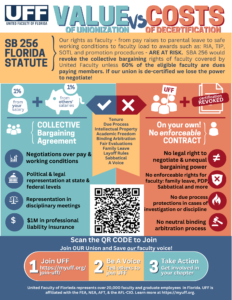
UFF-UCF
The United Faculty of Florida at
the University of Central Florida
4000 Central Florida Blvd, Orlando, FL 32816
Home • Collective Bargaining • Grievance Support
About Us • Membership • Calendar • News
• Contact Us •

